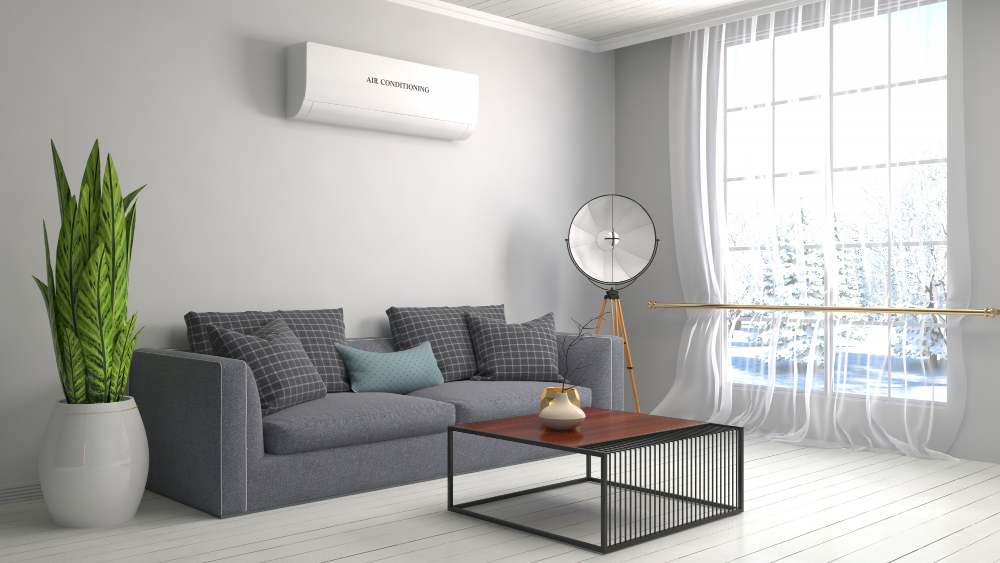An air conditioner is an essential appliance for any home, especially during the hot and humid summer months. Choosing the best air conditioner for your home can be a daunting task, given the plethora of options available in the market. In this blog post, we will guide you on how to choose the best air conditioner for your home.
- Room Size The first and foremost factor to consider when choosing an air conditioner is the size of the room. A small room will require a smaller air conditioner, while a larger room will require a larger air conditioner. The size of the air conditioner is measured in tons or BTUs (British Thermal Units). A general rule of thumb is to choose an air conditioner with 1 ton of cooling capacity for every 120-150 square feet of room size.
- Energy Efficiency Energy efficiency is an important factor to consider when choosing an air conditioner. A more energy-efficient air conditioner will not only save you money on your electricity bills but also reduce your carbon footprint. Look for air conditioners with a higher Energy Efficiency Ratio (EER) or Seasonal Energy Efficiency Ratio (SEER) rating. A higher rating means that the air conditioner is more energy-efficient.
- Type of Air Conditioner There are different types of air conditioners available in the market, such as window air conditioners, split air conditioners, and portable air conditioners. Window air conditioners are easy to install and are suitable for small rooms. Split air conditioners are more energy-efficient and are suitable for larger rooms. Portable air conditioners are easy to move around and are suitable for rooms that do not have a window or a permanent installation option.
- Noise Level The noise level of the air conditioner is an important factor to consider, especially if you plan to use it in a bedroom or a study room. Look for air conditioners with a lower decibel (dB) rating, which means that they are quieter. Split air conditioners are generally quieter than window air conditioners.
- Features Look for air conditioners with additional features such as a programmable thermostat, remote control, and air purifying filters. A programmable thermostat allows you to set the temperature according to your preference and can save energy. A remote control allows you to control the air conditioner from a distance. Air purifying filters can remove pollutants and allergens from the air and improve the indoor air quality.
In conclusion, choosing the best air conditioner for your home requires careful consideration of several factors such as room size, energy efficiency, type of air conditioner, noise level, and features. By keeping these factors in mind, you can make an informed decision and choose an air conditioner that suits your needs and budget.

